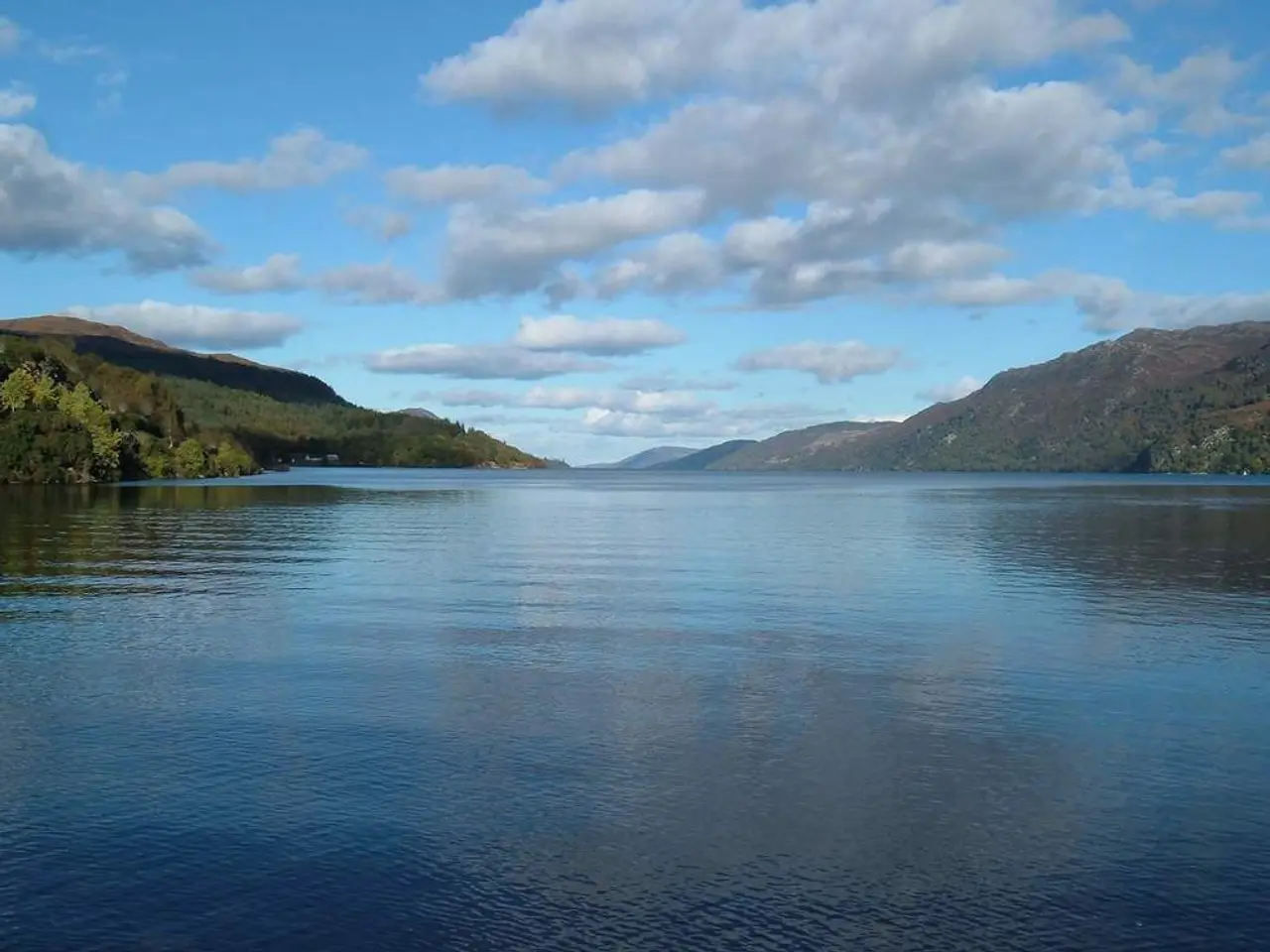Large-scale rainstorms sweeping through South Asia result in fatalities of hundreds
In the past few months, South Asia has been hit by heavy monsoon rains, resulting in flash floods and landslides that have claimed hundreds of lives and left thousands homeless.
Sher Azam, a witness, described a tragic scene as floodwaters and cloudbursts swept through his area, drowning everything in their path. Hundreds of people have been killed and entire villages wiped out in the deluge.
The cause of the excessive rainfall is a complex interplay of climate change, heavy industrialization, deforestation, and the region's topography. Siddharth Sinha, a climate fellow at Yale University, explains that climate change is driving heavier rainfall across South Asia. Warmer air holds more moisture from the Indian Ocean, dumping large volumes quickly and causing floods and dry spells.
The Himalayan mountain range, a key feature of South Asia's topography, contributes to the severity of landslides and floods, especially in mountainous and deforested areas. Warming has caused glaciers in the Himalayas to melt faster, increasing flood risks downstream and contributing to landslides.
Studies show that heavy rainfall events associated with monsoon floods have intensified by about 15% due to present-day climate change, with some models suggesting increases up to 40-80%. Future warming is expected to make such extreme rainfall events even more frequent and severe.
Human factors such as rapid urbanization, poor construction on flood-prone land, deforestation, and inadequate enforcement of building codes exacerbate the impact of floods, especially in densely populated informal settlements along rivers.
The consequences of these floods are severe. In Indian-controlled Kashmir, flash floods have resulted in the death of 60 people and injuries to around 150 others. Schoolteacher Suleman Khan lost 25 family members in the floods. A funeral service is underway for the victims in Pakistan, with dozens of bodies lying side by side.
Sinha suggests that cutting carbon emissions is the most obvious solution to the problem, but it will require more resources and a coordinated global effort. Authorities have warned that heavy rain will continue across the region in the coming days, putting the most remote and impoverished communities at risk.
In the remote, mountainous district of Buner in northern Pakistan, the hardest-hit area, tens of thousands of people have been left homeless or forced to seek shelter elsewhere. This year's rainfall in Pakistan is 50% higher than last year.
Despite the challenges, there is hope. Communities can take steps to reduce their vulnerability to floods by building homes on higher ground, planting trees to prevent erosion, and enforcing building codes. With a concerted effort from governments, communities, and individuals, it is possible to mitigate the impacts of monsoon floods and ensure a safer future for all.
[1] Intergovernmental Panel on Climate Change (IPCC), 2018: Global Warming of 1.5°C. An IPCC Special Report on the impacts of global warming of 1.5°C above pre-industrial levels and related global greenhouse gas emission pathways, in the context of strengthening the global response to the threat of climate change, sustainable development, and efforts to eradicate poverty. [2] World Meteorological Organization (WMO), 2019: Statement on the State of the Global Climate 2018. [3] Intergovernmental Panel on Climate Change (IPCC), 2014: Climate Change 2014: Impacts, Vulnerabilities and Adaptation. Part A: Global and Sectoral Aspects. Contribution of Working Group II to the Fifth Assessment Report of the Intergovernmental Panel on Climate Change.
Read also:
- Amidst India's escalating climate crisis, transgender individuals continue to persevere
- Germany's three-month tenure under Merz's administration feels significantly extended
- Governing body allegedly persists in enjoying vacation time amidst Spain's highest danger level due to fires, claims Feijóo
- United Nations Human Rights Evaluation, Session 45: United Kingdom's Statement Regarding Mauritius' Human Rights Record




